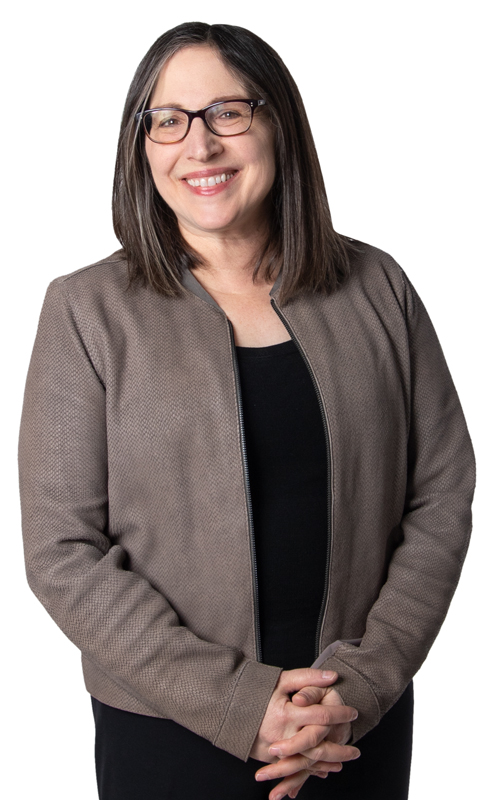Mentors should have a genuine interest in helping others advance in their careers and in encouraging them to perform at their highest levels. As a lawyer, I sincerely believe we have an obligation to help the next generation in our profession succeed.
Mentoring relationships are tremendously powerful. As a practical rule, mentoring involves deliberate decision-making, planning for a successful future, and promoting positive collaboration with others. No matter what decisions the mentoring relationship generates, these processes, on their own, are always a plus in everyday business and in life.
What does it take to be a good mentor?
People often assume they’re unqualified to be mentors. That’s rarely the case, in my opinion. Effective mentors don’t have all the answers, but they can share options for action and decision-making, recommend great resources, discuss how their own experiences apply to the matter at hand, and sometimes offer names of others who have been through similar situations.
Good mentors never preach. They’re not judgmental. They keep confidences secure. They help mentees find their own voices. They’re trustworthy. Above all, they listen — and they listen carefully.
How does mentoring benefit the professional world?
Ultimately, the greatest beneficiary of mentoring is the public we serve. From the standpoint of the legal profession, mentors help those who are younger do their jobs better and handle the fine points of practicing law that schools may not teach. When we take the time to listen and to help mentees who are less experienced in the profession, they’re better equipped to avoid the mistakes we’ve made.
What have you covered with your mentees?
Some of the topics are as easy as reviewing a resume. Others are more complicated, such as dealing effectively with challenging co-workers, how to bring in business, or how to navigate the executive level at a business or organization.
Before a job change, mentees sometimes ask for insight on firms in town. They want to know about things like a firm’s culture, turnover rate, reputation for having a supportive environment, diversity, and emphasis on community service.
Given my background, mentees sometimes want advice on bar association involvement, and I can easily draw upon decades of state, local, and national bar association service. Over the years, I’ve even taken the initiative of nominating my mentees for awards and recognition.
Mentees keep me focused on the future and have helped me keep abreast of new technology. I credit my active Twitter presence to a mentee’s suggestion to try it.
Have you benefited from your own mentors?
Mentors have guided me throughout my career as a lawyer. They believed in me when I doubted myself. For example, I never would have been elected president of the State Bar of Michigan were it not for having mentors along the way. They encouraged me to lead by example, seek consensus when possible, be creative, and speak up. All of this helped me become a well-rounded lawyer, leader, and businessperson. If I can give mentees a confidence boost and help them identify their strengths, just as my own mentors did for me, I will have paid it forward.
What would you consider to be the biggest challenge in mentoring?
Time. In a perfect world, I’d set aside time every month to take each mentee to lunch. But that’s not possible. More often, I rely on mentees to step up when questions and matters arise. I hope mentees find it empowering and comforting to know that their mentors are just a phone call, email, or text away.
Do mentees make a difference for you?
Definitely. Mentoring isn’t a one-sided activity. Mentees keep me focused on the future and have helped keep me abreast of new technology. I credit my active Twitter presence to a mentee’s suggestion to try it. Twitter has improved how I serve my clients by giving them and others access to up-to-the minute developments in law and business.
Mentoring also instills a positive outlook. When mentees ask questions, I’m reminded of why I entered my profession years ago, and what it was like to be their age when the legal profession was much different, less diverse, and far less dependent on technology.
When mentees and I discuss ideas, often on recurring issues, I’m encouraged that the profession has advanced in so many ways. I’m grateful for the collaboration and exchange that mentoring provides. I’m proud that people who are new to business and professional environments value mentoring to help them make deliberate, reasoned decisions involving their future.
I’m likewise reminded to apply fresh thinking to my own challenges, just as my mentees often do. I’m enthusiastic about the future. My enthusiasm, I hope, is infectious.
Julie I. Fershtman is a shareholder with Foster, Swift, Collins, and Smith in Southfield, where she specializes in commercial litigation, insurance law, and equine law.












